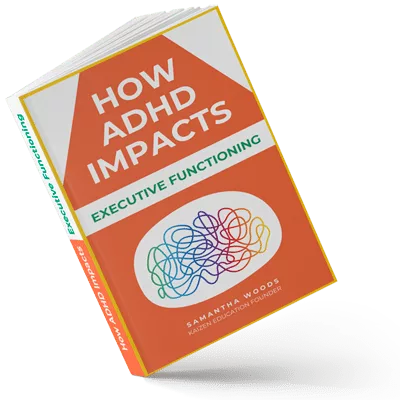✍️ Guest post by Wendy Sobey, Literacy Specialist with Word Wonder
I know with absolute certainty that all children need a strong foundation in reading and writing. Good readers are prepared to understand and engage in all subject areas and often feel confident in their classroom environment.
Learning to read takes a unique combination of exceptional programming, outstanding teachers and consistent home support. Even if you have this perfect combination, you may notice that your child is still lagging in their reading and writing skills. Why?
Early Experiences
Families are often excited for their children to begin school. Parents anticipate the prospect of new friendships and the exciting things their child will learn and experience. Some of these new experiences, however, might not always feel positive.
The parents may receive their first phone call where a teacher shares concerns that their child is struggling with reading and writing, or perhaps the parent notices ‘something just isn’t right’ with their child’s literacy skills.
The news can bring confusion, concerns for their child’s future success and helplessness. No one feels good about watching their child struggle and then feeling lost in how to help them.

Obstacles to Learning
If you are on Kaizen’s website, you may already be aware that many bright students find understanding and remembering new concepts challenging for various reasons. Expectations of “age-appropriate” executive skills like sustained focus, following directions, impulse control, and organizing are often expected early in school life.
Lagging development in these executive skills can impact reading and writing skills. Reading is not a skill that comes naturally through exposure to text. It is also heavily laden with executive functioning skills. Both reading and writing take systematic and explicit instruction encompassing oral language, phonological awareness, phonics, and fluency.
The Importance of Early Intervention
Educational research often notes that grade 3 is particularly critical when children move from “learning to read” to “reading to learn.” This means that the early grades (K-3) are of prime importance for literacy development.
About Wendy Sobey, Literacy Specialist with Word Wonder

My fascination with how children learn to read has become my sole passion. After 25 years in the education system, I now develop and provide specialized lessons targeting an individual child’s literacy needs. Classes are designed to be interactive and engaging and result in significant gains in both executive functioning and literacy skills.
“Small strengths or deficits at the start of reading compound over time” (Dr. Keith Stanovich, 1986). The statement holds today, but having an approach that works and is the right fit for each individual is vital. All families benefit from partnering with those who understand their youngsters’ challenges.
If you are concerned about your child’s reading or writing skills, check out Word Wonder and learn more about how I can help.

